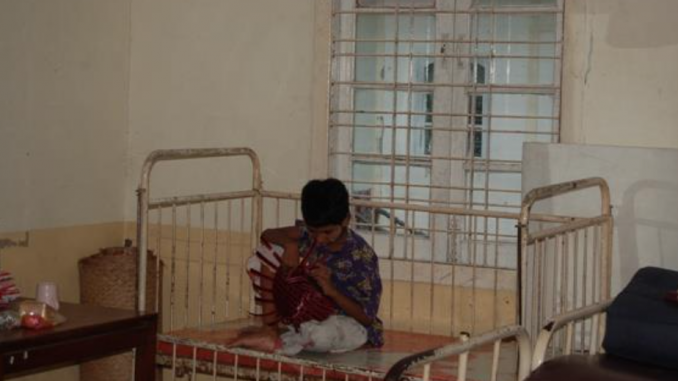
31 August 2009
Abstract
Life is precious. Children are more precious. The lives of children are the most precious of all. Children are sweet, gentle, and soft, yet vulnerable. They need special care and attention from parents and people around them to overcome several challenges in their precious and vulnerable early childhood. Some made it through and lead to a normal life, but some did not. Living a normal life for even an ordinary child can be quite challenging. I cannot imagine the lives of children with special needs, who may have mild learning disabilities; developmental delays; occasional panic attacks, or serious psychiatric problems. In order to create a condition where a child can learn, play, have dreams and integrate into society, there is a need for full support not only from the parents and family members but also from the policymakers and friends. The study on the lives of children with special needs cannot be done with numbers and computer-assisted data analysis. It is a very sensitive topic and must be done through an interpretive process and making sense out of the reality of these children’s lives. The purpose of this study, therefore, is to create a common understanding of the lives of children with special needs, and persons with disabilities (PWDs) in general, through a brief qualitative research study in Myanmar. It emphasizes the important elements of the lives of PWDs, including the children with special needs: good accessibility, inclusive education, adequate health care, friendly social environment, and equitable job opportunity. This study aims to explore how children with special needs and PWDs overcome obstacles, what their life ambitions are, how they view life, and what kind of support they have and/or need. The results of this research study found that some demographic backgrounds have an impact on their lives. There is no significant data available to differentiate between the lives of males and females. This study finds that different stages of age have a significant effect on the lives of children with special needs towards normal adult life. Most important of all, they would not have passed early childhood without the unconditional love of mothers and a friendly social environment.